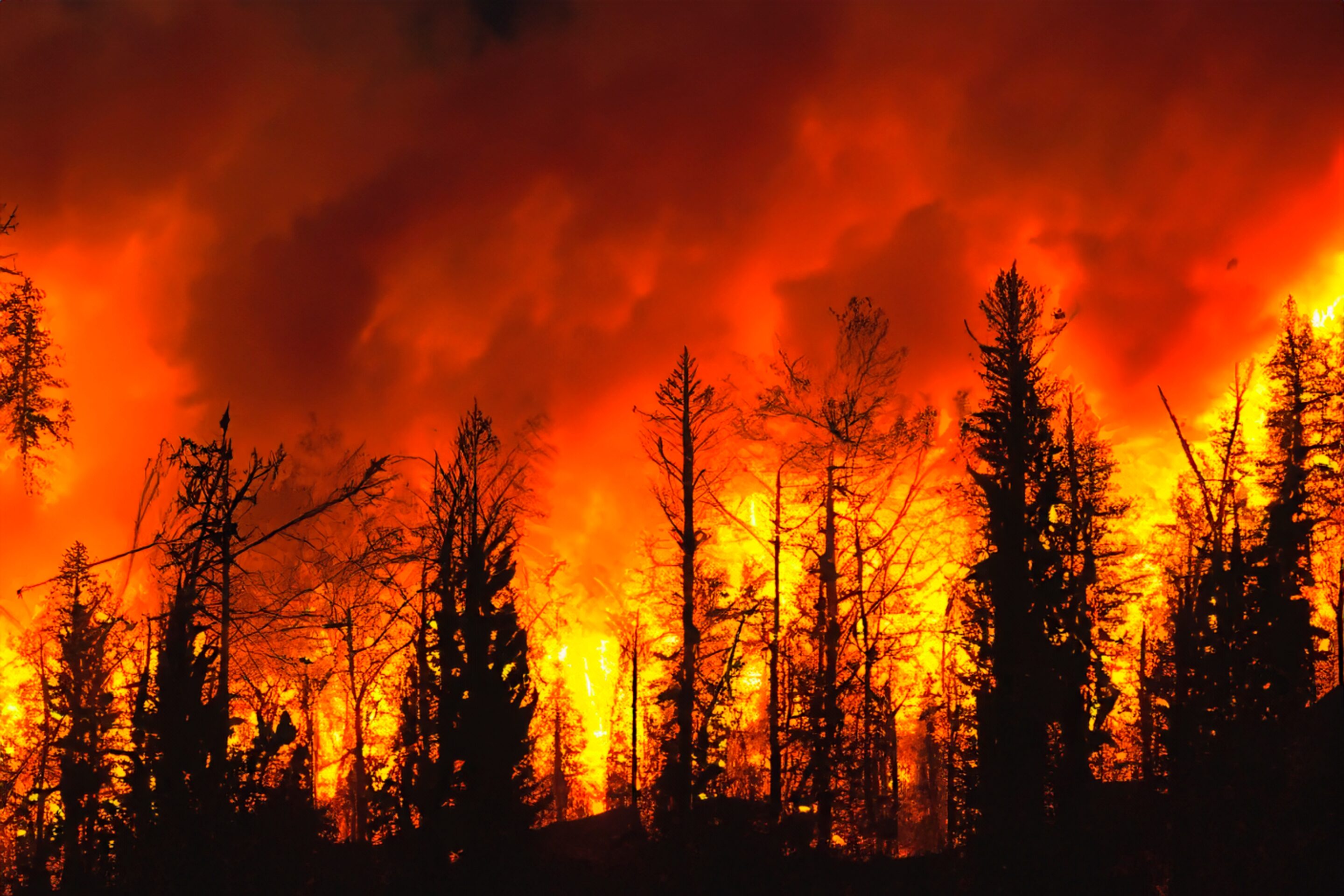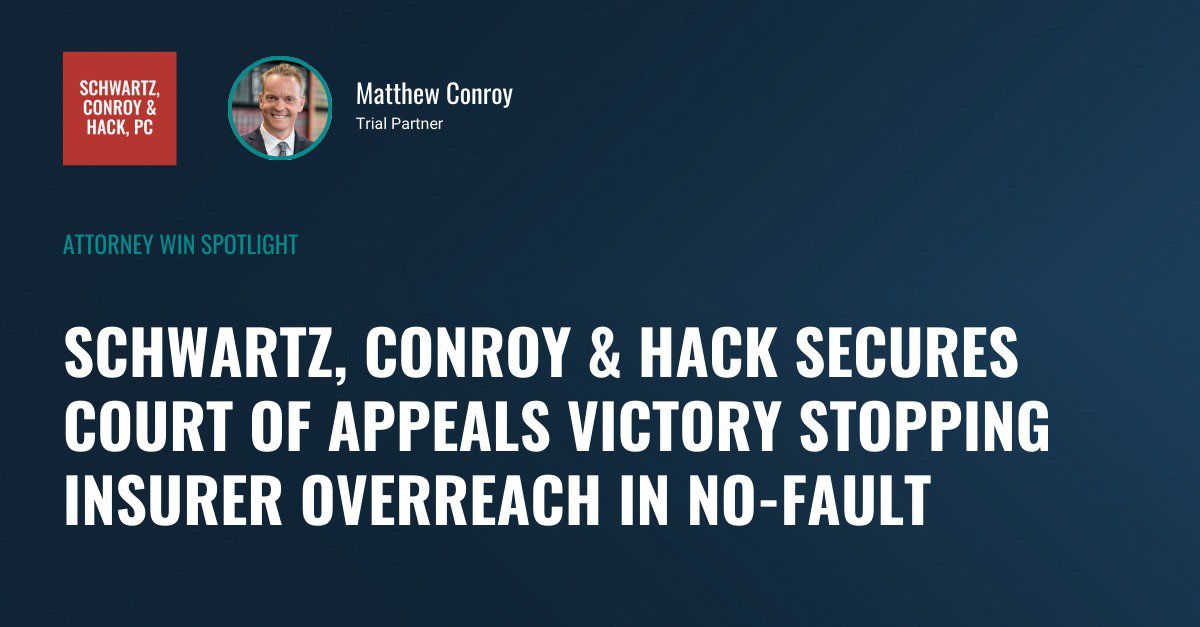California has barred insurance companies from dropping or refusing to renew clients in the areas impacted by the devastating wildfires for the next year. The moratorium, which is effective through Jan. 7, 2026, means thousands of insureds will not have to worry about losing their insurance while recovering from the disaster. But the ban will not prevent insurers from denying, limiting, or delaying payouts for wildfire claims.
Insurers with High Exposure
The largest provider of homeowners’ policies in California is State Farm, with 19.9% of market share in 2023, according to Moody’s Ratings. State Farm is followed by Farmers Insurance, with 14.9%, and CSAA Insurance Exchange and Liberty Mutual, with 6.5% market share apiece. Other insurers who do significant homeowners’ insurance business in California include Mercury Insurance, Allstate, Auto Club Insurance, and USAA.
In recent years, many insurers have curtailed business in California, creating an insurance crisis in the state. In 2023, seven of the 12 largest insurers in California either paused or restricted issuing new policies in the state, especially in disaster-prone areas. State Farm, for instance, discontinued coverage for 72,000 California customers last year, dropping nearly 70% of its market share in Pacific Palisades (one of the hardest hit areas by this year’s wildfires), according to the San Francisco Chronicle. Insurers have cited the growing risk of wildfires and a challenging regulatory environment for reducing their business in the state. The lack of policy options has left many residents scrambling for insurance, pushing many into the California Fair Access to Insurance Requirements (FAIR) Plan, which is seen as a last resort due to its high premiums and limited protections.
Insurers and Denials
JP Morgan estimates insurers face a $20 billion price tag from this year’s wildfires, while Wells Fargo puts the estimate at $30 billion (or a $20 billion to $40 billion range). Either sum makes it the costliest wildfire event in state history. According to a Wells Fargo analysis, the disaster is a manageable event for insurers; even if insured losses reached $40 billion, it would cause only a 2.0% impact to the insurers’ collective equity, according to the bank. However, when facing large payouts, insurers have a history of denying, limiting, and delaying payments for claims in order to protect their bottom lines.
The Los Angeles Times recently reported on an analysis by ratings agency Weiss Ratings, which found that three of the larger home insurance companies in California declined nearly half their claims in 2023. This was well above the national average for claim denials, which equaled 37% in 2023, according to the agency. Affiliates of Farmers topped the list with denials of 50% of claims, followed by USAA affiliates with 48% and Allstate with 46%. “It’s not fair for me to say all these [rejected] claims were legitimate, but it’s equally unfair for insurance companies to claim they’re all illegitimate,” Weiss Ratings CEO Martin Weiss told the Los Angeles Times. Nationwide, the denial rate is up from 25% two decades ago, likely because insurers are grappling with more losses related to climate change events, including wildfires, floods, and hurricanes, Weiss told the LA Times. Insurers pushed back on Weiss’s California report, pointing out that many rejected claims fell outside the policy’s coverage or were below the policy’s deductible. In a statement, Allstate said the report was “inaccurate and substantially inflates the rate of unpaid claims.”
Filing Claims
When submitting a claim, remember that your insurer is not a charity, but a for-profit business that is concerned primarily with protecting its bottom line. Read your policy carefully to understand your coverage, as well as your responsibilities under the policy. Contact your insurance company or agent as soon as possible to notify them that you will be submitting a claim. It is important to meet all insurance company deadlines and comply with the insurer’s requirements for submitting your claim, proof of loss statement, and supporting evidence. Keep in mind that insurers commonly dispute the value of the damage with property claims. You may be well-served to hire a public adjuster to assist you with proving the proper value of your losses.
If your insurance company has denied or is challenging your wildfire claim, contact Schwartz Conroy & Hack. We have the expertise, experience and tenacity to make insurance companies keep their promises to you.

